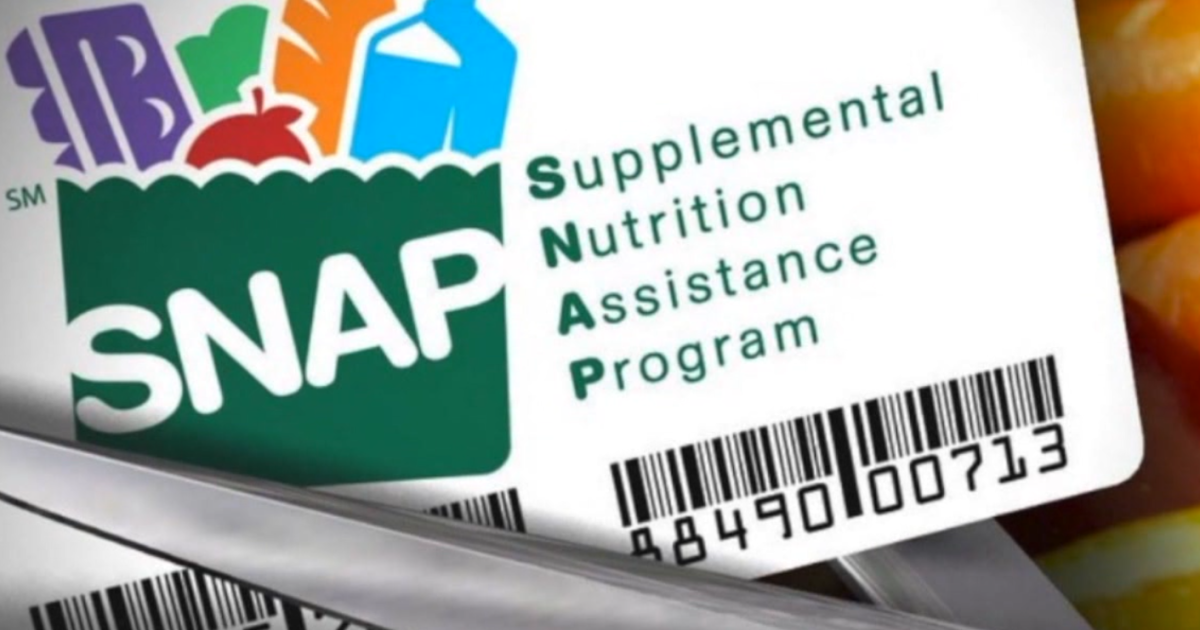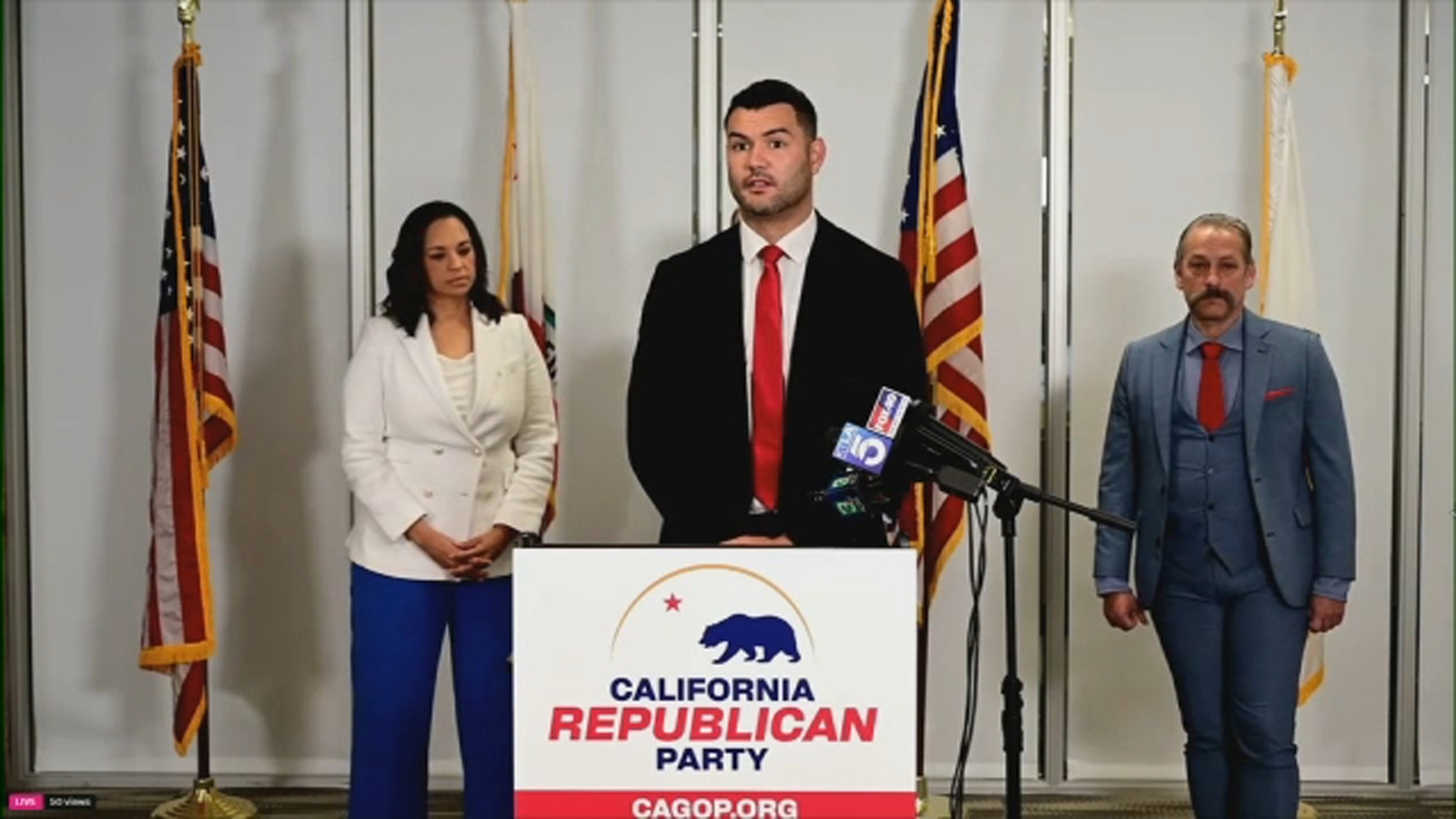URGENT UPDATE: Michigan SNAP recipients will see a dramatic cut in their food assistance payments, receiving only about 50% of their usual benefits. This significant reduction is a direct result of the ongoing federal government shutdown, which has now become the longest in U.S. history.
The Michigan Department of Health and Human Services (MDHHS) confirmed that recipients who typically receive their benefits on the third, fifth, or seventh of the month will get their partial SNAP allotment on Saturday, November 8, 2023. Other SNAP recipients will receive their reduced payments on their usual dates.
This decision follows a directive from the U.S. Department of Agriculture (USDA), which instructed MDHHS to hold off on full benefit distributions until the government shutdown is resolved. The funding for these limited November benefits will be drawn from SNAP contingency funds, which are expected to cover about half of the $9.2 billion monthly SNAP costs across the nation.
The ongoing shutdown has not only hampered public welfare programs but has also raised serious concerns about food security for millions. MDHHS stated that while new SNAP applications from October and November will still be processed, there is uncertainty about whether these applicants will receive their November benefits. The department is currently awaiting further guidance from the USDA.
This urgent situation highlights the critical challenges faced by low-income families during the shutdown, with many now struggling to put food on the table. The impacts of this decision will be felt widely, as many Michigan families depend on these benefits for their daily sustenance.
As the situation develops, residents are encouraged to stay informed and check for updates from the MDHHS on their SNAP benefits and any changes to eligibility or application processes. The community’s well-being hangs in the balance as authorities navigate through this unprecedented crisis.
Stay tuned for further updates on this evolving situation and its implications for food security in Michigan and beyond.







